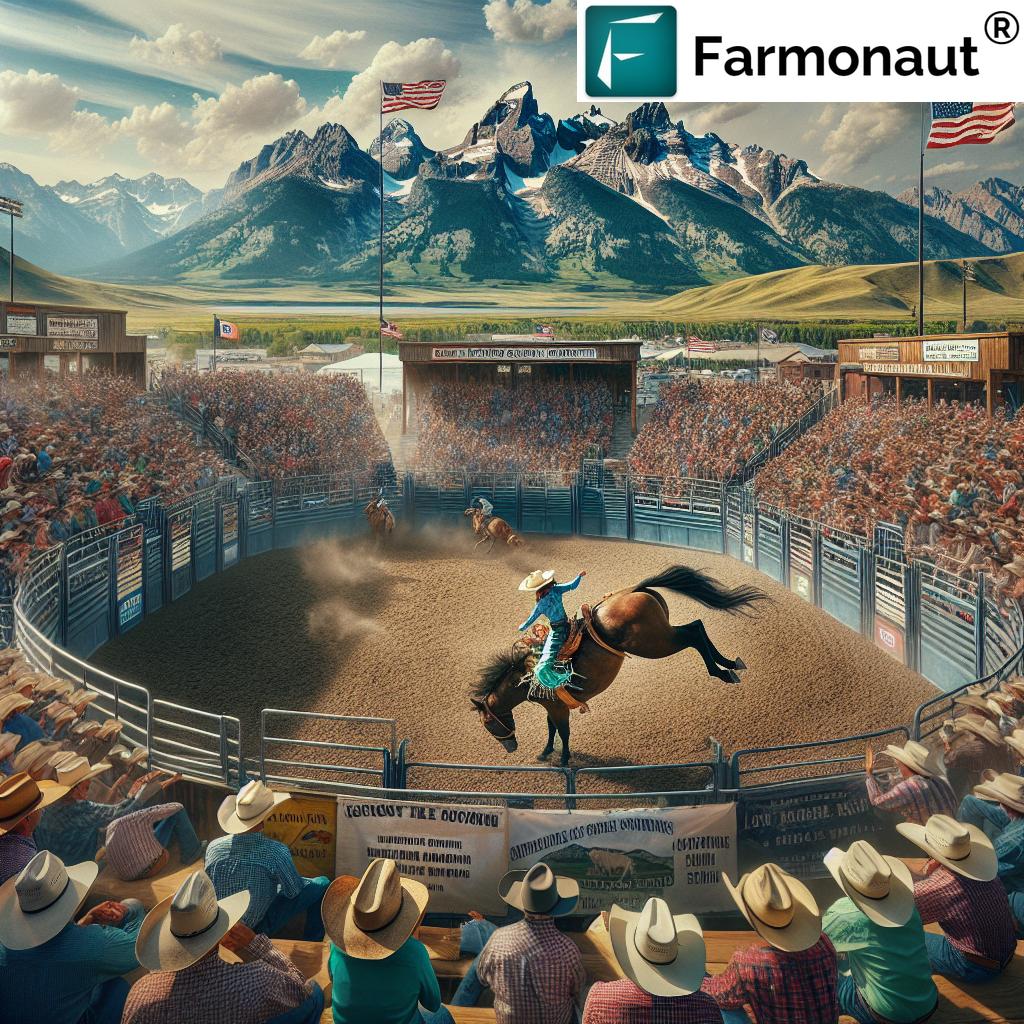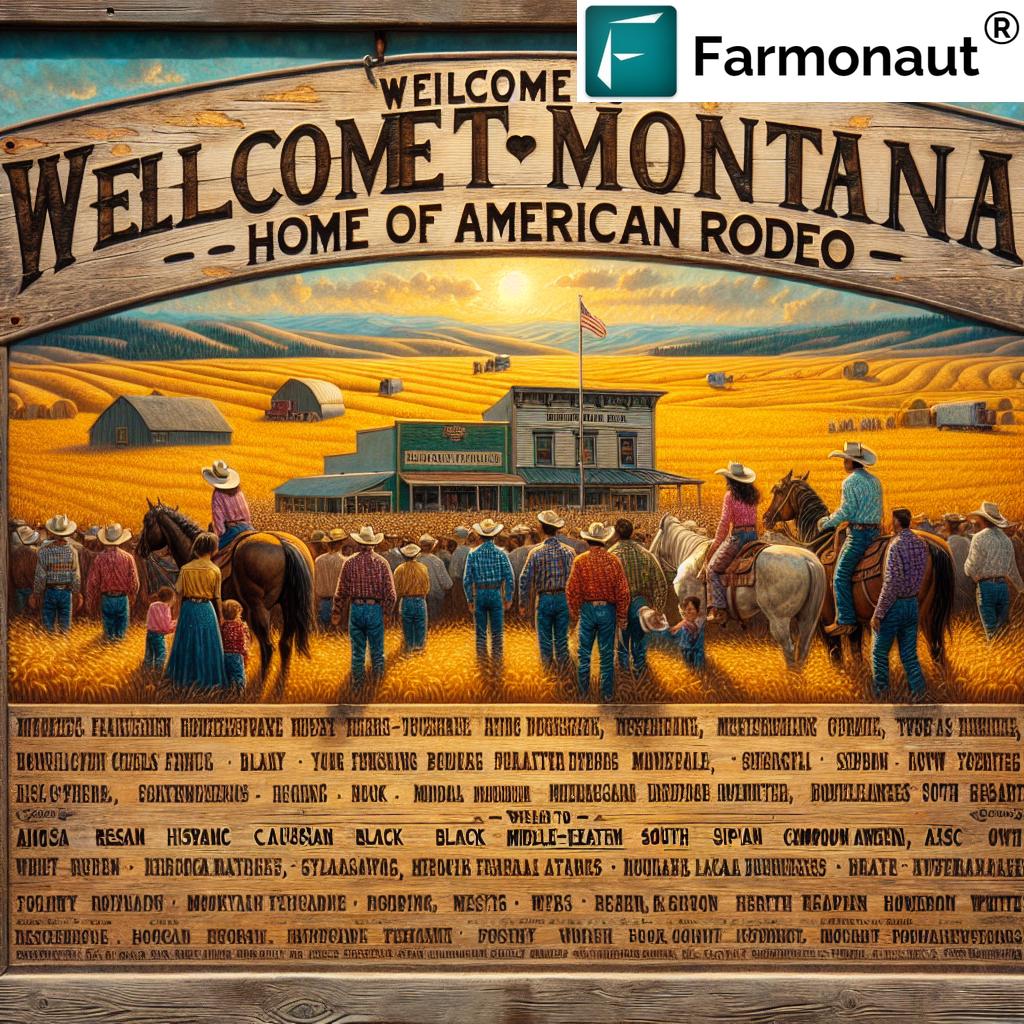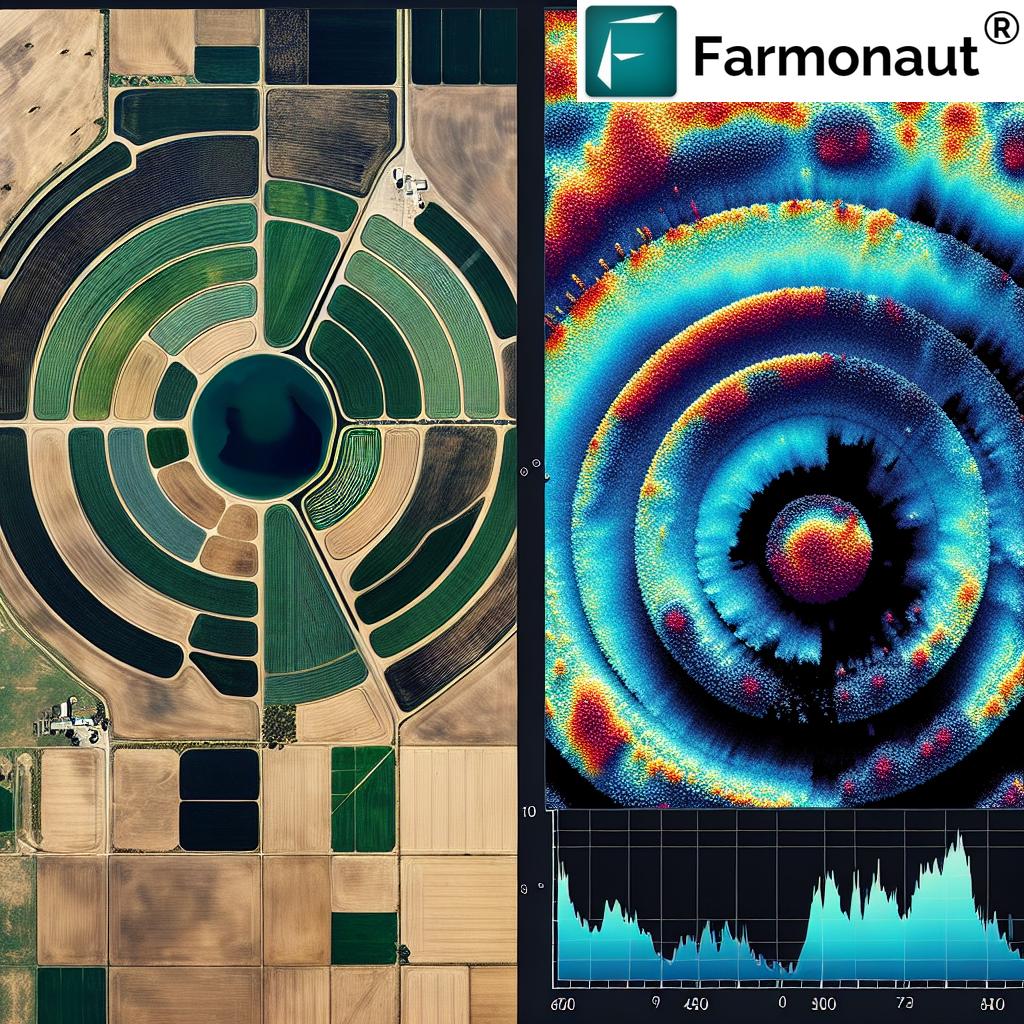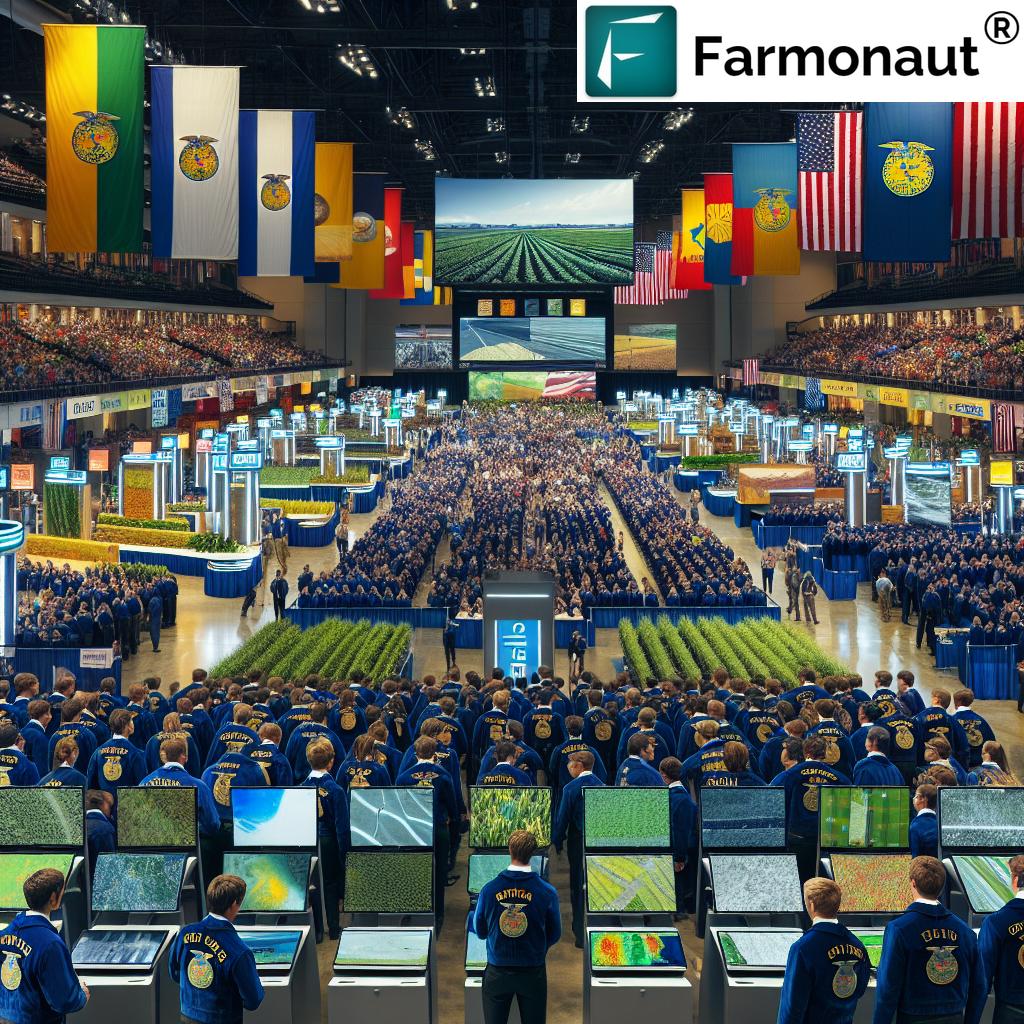Montana’s Push for Official State Sport: How Rodeo Unites Communities and Boosts Local Economies

“Montana’s House Bill 190 proposes making American rodeo the official state sport, reflecting its cultural significance.”
In the heart of the American West, Montana is taking a bold step to celebrate its rich cultural heritage and vibrant community spirit. House Bill 190, currently making its way through the Montana state legislature in Helena, proposes to designate American rodeo as the official state sport of Montana. This legislative initiative has sparked enthusiasm among residents and lawmakers alike, highlighting the integral role that rodeo plays in Montana’s culture, communities, and local economies.
As we delve into this exciting development, we’ll explore how rodeo unites communities, boosts local economies, and preserves Montana’s unique heritage. We’ll also examine the broader implications of this proposal for preserving cultural traditions and supporting rural economies across America.
The Heart of Montana: Rodeo’s Cultural Significance
Rodeo is more than just a sport in Montana; it’s a way of life that embodies the state’s values, history, and connection to the land. The push to make rodeo the official state sport reflects the deep-rooted importance of this tradition in Montana’s cultural fabric.
- Family-Oriented Tradition: Rodeo in Montana is inherently a family-oriented activity. It brings together generations, fostering a sense of community and shared heritage.
- Agricultural Ties: The sport’s strong connection to agriculture resonates with Montana’s farming and ranching communities, serving as a bridge between urban and rural residents.
- Community Gatherings: Rodeo events serve as focal points for community gatherings, strengthening social bonds and local identity.
House District 26 Representative Russ Miner, who championed House Bill 190, emphasized the family-centric nature of rodeo. He pointed out that whether families are competing or spectating, rodeo serves as a unifying force that brings people together.
Local resident Talvin Champ echoed this sentiment, articulating the deep ties between agriculture and rodeo. He asserted that these elements unify Montana’s diverse communities, from the eastern plains to the western mountains.
Economic Impact: Rodeo as a Catalyst for Local Prosperity
Beyond its cultural significance, rodeo plays a crucial role in boosting local economies across Montana. The economic impact of rodeo events is a key consideration in the push to make it the official state sport.
| Region | Annual Rodeo Events | Estimated Attendees | Direct Economic Impact | Indirect Economic Impact |
|---|---|---|---|---|
| Billings | 15 | 150,000 | $5,000,000 | $7,500,000 |
| Great Falls | 12 | 100,000 | $3,500,000 | $5,000,000 |
| Helena | 10 | 80,000 | $2,800,000 | $4,200,000 |
This table illustrates the significant economic contributions of rodeo events across major regions in Montana. The direct economic impact includes revenue from ticket sales, concessions, and vendor fees, while the indirect impact covers estimated spending on accommodation, dining, and local tourism.
- Tourism Boost: Rodeo events attract visitors from across the state and beyond, driving tourism and supporting local businesses.
- Job Creation: The organization and execution of rodeo events create numerous jobs, both temporary and permanent, in various sectors.
- Support for Local Businesses: From hotels and restaurants to retail shops, rodeo events generate increased foot traffic and revenue for local businesses.
Explore Farmonaut’s API for agricultural insights
Legislative Journey: House Bill 190’s Progress
The journey of House Bill 190 through the Montana state legislature has been marked by enthusiastic support and engaging discussions. Let’s take a closer look at the bill’s progress and the key arguments in its favor:
- Initial Proposal: House District 26 Representative Russ Miner introduced HB 190, proposing American rodeo as Montana’s official state sport.
- House Administration Meeting: The bill gained significant traction during a recent house administration meeting, where numerous attendees expressed their support.
- Committee Approval: The House State Administration committee approved HB 190, allowing it to advance to the House floor for further consideration.
- Ongoing Discussions: As the bill progresses, lawmakers continue to debate its merits and potential impact on Montana’s cultural and economic landscape.
“Rodeo events in Montana significantly boost local economies by driving tourism and supporting various businesses.”
The support for HB 190 extends beyond the walls of the state legislature. Montana residents from all walks of life have voiced their approval, sharing personal anecdotes and observations about rodeo’s influence on families and communities.
Check out Farmonaut’s API Developer Docs
Preserving Heritage: Rodeo as a Link to Montana’s Past
One of the most compelling arguments for making rodeo Montana’s official state sport is its role in preserving the state’s rich cultural heritage. Rodeo serves as a living link to Montana’s past, keeping alive traditions that have shaped the state’s identity for generations.
- Historical Roots: Rodeo’s origins in Montana can be traced back to the early days of cattle ranching, reflecting the state’s pioneering spirit.
- Skills Showcase: Rodeo events showcase skills that were once essential for daily life on Montana’s ranches and farms.
- Cultural Education: For younger generations, rodeo provides a tangible connection to Montana’s history and agricultural roots.
By recognizing rodeo as the official state sport, Montana would be making a powerful statement about the importance of preserving its cultural heritage. This designation would encourage continued participation in rodeo events and ensure that these traditions are passed down to future generations.
Community Building: Rodeo’s Role in Fostering Social Connections
One of the most significant aspects of rodeo in Montana is its ability to bring people together and foster a sense of community. This community-building aspect is a crucial factor in the push to make rodeo the official state sport.
- Inclusive Events: Rodeos attract people of all ages and backgrounds, creating a diverse and inclusive atmosphere.
- Volunteer Opportunities: Organizing rodeo events often relies on community volunteers, strengthening local ties and civic engagement.
- Shared Experiences: The excitement and drama of rodeo events create shared experiences that bond communities together.
By fostering these social connections, rodeo plays a vital role in maintaining the tight-knit community spirit that Montana is known for. This aspect of rodeo aligns perfectly with the state’s values and way of life.
Educational Opportunities: Rodeo as a Learning Experience
Beyond its entertainment value, rodeo provides numerous educational opportunities for Montana’s youth. These learning experiences contribute to the sport’s importance and support the argument for its official recognition.
- Agricultural Education: Rodeo events offer hands-on learning about animal care, ranching practices, and agricultural traditions.
- Character Development: Participation in rodeo fosters qualities such as discipline, perseverance, and sportsmanship.
- Career Pathways: Exposure to rodeo can inspire youth to pursue careers in agriculture, animal science, or related fields.
Economic Ripple Effects: Beyond the Rodeo Arena
The economic impact of rodeo in Montana extends far beyond the immediate revenue generated by events. Let’s explore the broader economic ripple effects that support the case for rodeo as the official state sport:
- Agriculture Industry Support: Rodeo events create demand for livestock, feed, and equipment, supporting Montana’s agricultural sector.
- Tourism Infrastructure: The popularity of rodeo events encourages investment in tourism infrastructure, benefiting the entire state.
- Skills Development: Rodeo-related activities contribute to the development of a skilled workforce in areas such as animal husbandry and event management.

Cultural Exchange: Rodeo as Montana’s Ambassador
Rodeo serves as a cultural ambassador for Montana, showcasing the state’s unique heritage to visitors from around the world. This role supports the argument for making rodeo the official state sport:
- Tourism Attraction: Major rodeo events draw visitors from across the country and internationally, promoting Montana’s culture.
- Cultural Education: Rodeo provides an immersive experience that educates visitors about Montana’s history and way of life.
- State Pride: Successful rodeo athletes from Montana serve as ambassadors, representing the state in national and international competitions.
Challenges and Considerations
While support for HB 190 is strong, it’s important to consider potential challenges and concerns as the bill progresses:
- Inclusivity: Ensuring that rodeo as the official state sport represents all Montanans, including those from diverse backgrounds.
- Animal Welfare: Addressing concerns about animal treatment in rodeo events and promoting best practices.
- Resource Allocation: Balancing support for rodeo with other important state initiatives and sports.
Looking Ahead: The Future of Rodeo in Montana
As House Bill 190 continues its journey through the Montana state legislature, the future of rodeo in the state looks bright. If approved, the designation of rodeo as the official state sport would likely lead to:
- Increased Participation: Greater interest and involvement in rodeo events across all age groups.
- Economic Growth: Further development of rodeo-related industries and tourism.
- Cultural Preservation: Enhanced efforts to document and preserve Montana’s rodeo heritage.
Conclusion: Rodeo as the Heartbeat of Montana
The push to make American rodeo Montana’s official state sport through House Bill 190 is more than just a legislative action. It’s a recognition of rodeo’s integral role in the state’s culture, economy, and community life. From uniting families and preserving heritage to boosting local economies and fostering education, rodeo embodies the spirit of Montana.
As the bill progresses through the state legislature in Helena, it carries with it the hopes and pride of countless Montanans who see rodeo not just as a sport, but as a way of life. If approved, this recognition would not only celebrate Montana’s rodeo culture but also promote further engagement in the sport, ensuring its vitality for generations to come.
The story of rodeo in Montana is one of resilience, community, and tradition – qualities that define the state itself. As we look to the future, the potential designation of rodeo as the official state sport stands as a testament to Montana’s enduring connection to its roots and its commitment to preserving a unique way of life in the American West.
FAQ Section
Q: Why is Montana considering making rodeo its official state sport?
A: Montana is considering this move to recognize rodeo’s significant cultural, economic, and community impact on the state. Rodeo embodies Montana’s heritage, unites communities, and boosts local economies.
Q: How does rodeo contribute to Montana’s economy?
A: Rodeo events drive tourism, create jobs, and support local businesses. They attract visitors who spend money on accommodations, food, and shopping, creating a significant economic ripple effect.
Q: What is House Bill 190?
A: House Bill 190 is the proposed legislation in Montana that aims to designate American rodeo as the official state sport. It’s currently progressing through the state legislature in Helena.
Q: How does rodeo preserve Montana’s cultural heritage?
A: Rodeo showcases skills and traditions rooted in Montana’s ranching and farming history. It serves as a living link to the state’s past, educating younger generations about their heritage.
Q: What educational opportunities does rodeo provide?
A: Rodeo offers hands-on learning about animal care, agriculture, and ranching practices. It also fosters character development and can inspire youth to pursue careers in related fields.


















